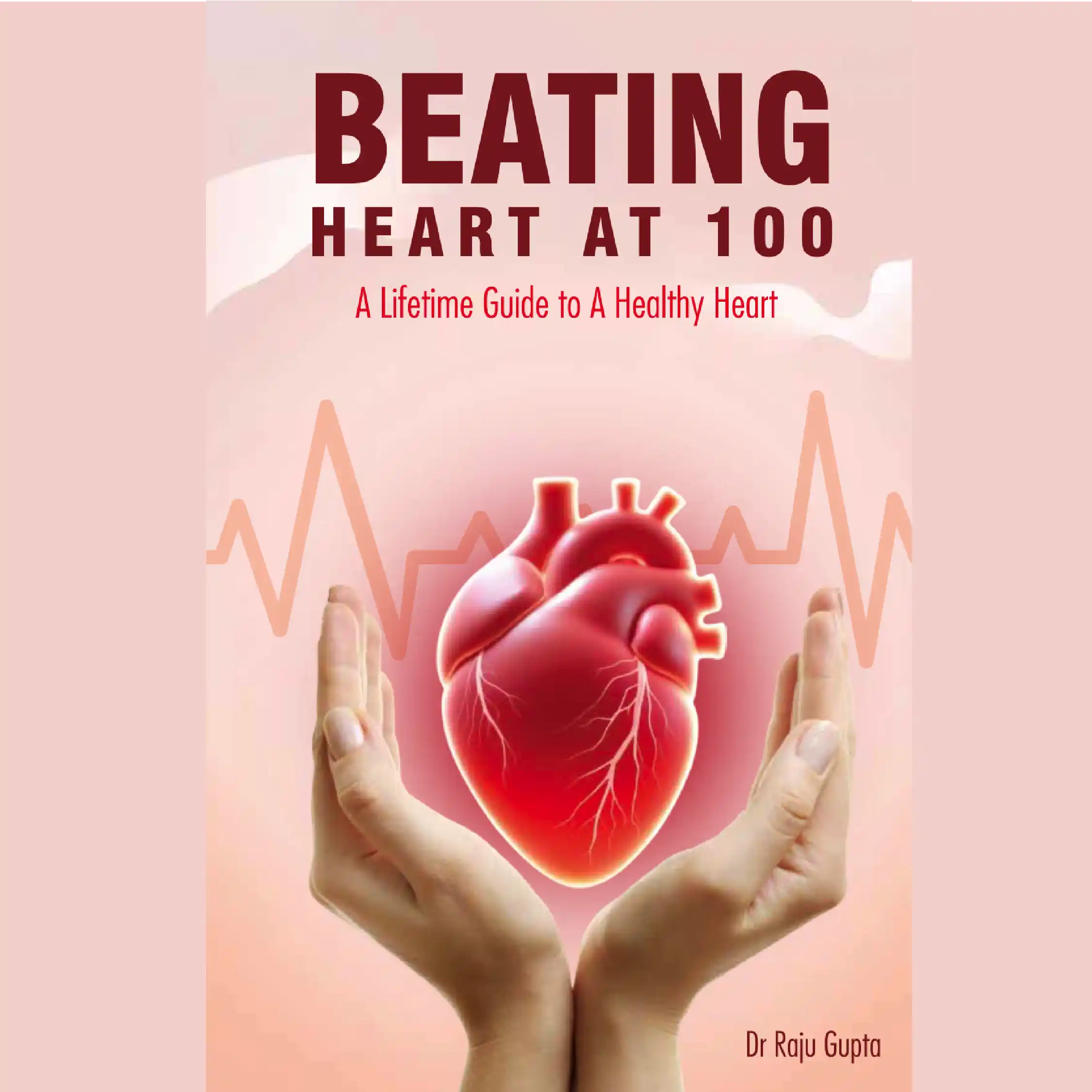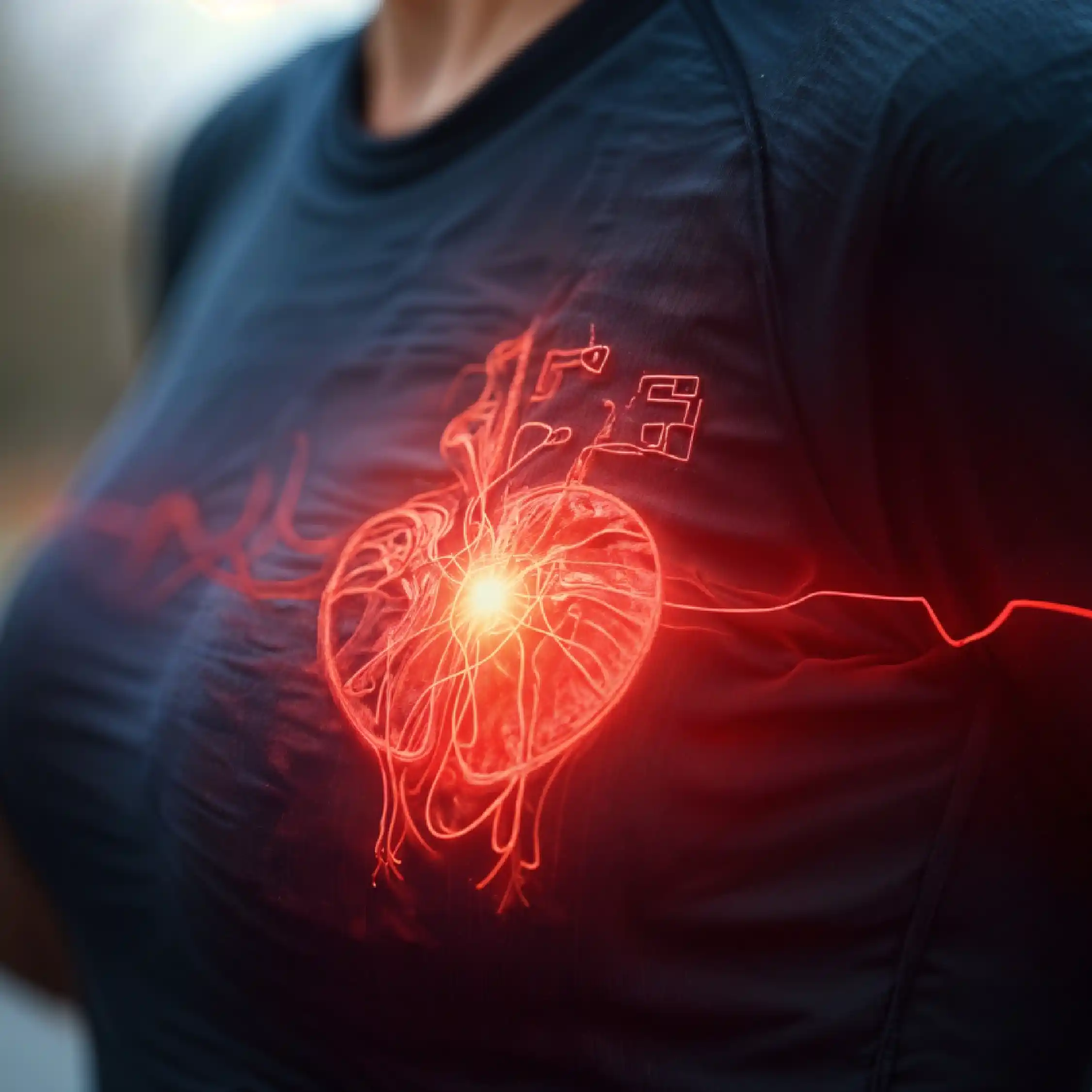If heart disease had a crime scene in India, the fingerprints wouldn’t just belong to cholesterol or junk food.
They’d belong to three quiet culprits that live among us — stress, sweets, and silence.
Together, they form the most dangerous alliance in our modern Indian life.
They don’t shout, they don’t bleed, and they don’t come with warning labels. But every day, they chip away at the one organ that never takes a break — your heart.
Let’s meet the trio one by one — because understanding them might just save you (and your favorite dessert) from disaster.
1. The Stress We Wear Like a Badge
Let’s be honest — in India, being “busy” has become a personality trait.
We don’t just work hard; we compete over who’s more exhausted.
“I slept only four hours last night.”
“Oh, you think that’s bad? I haven’t had a weekend in months!”
Somewhere along the way, we started mistaking burnout for bravery.
But your body doesn’t care about your deadlines or designations. It listens only to your hormones.
And when you live under chronic stress — traffic jams, money worries, parental expectations, emotional overload — your brain constantly releases cortisol and adrenaline.
These hormones, meant to save you from danger, now circulate daily — tightening arteries, raising blood pressure, and making your blood thicker (perfect conditions for a heart attack).
A 2022 Lancet Public Health study found that urban Indians with chronic stress have 1.8 times higher risk of heart disease, even when diet and exercise are normal.
So yes, that 5-minute office argument or never-ending email thread might not just ruin your day — it might quietly damage your arteries.
The Irony
We meditate on World Yoga Day but multitask during lunch.
We preach “don’t stress” while stressing about being stressed.
And worst of all — we normalize it.
2. The Sugar We Call “Love”
You’ve seen it a thousand times.
Someone gets promoted — sweets.
Someone gets married — sweets.
Someone returns from hospital after bypass surgery — sweets.
In India, sugar isn’t just a food group. It’s an emotion.
But emotions don’t spare arteries.
Sugar triggers inflammation, spikes insulin, and encourages fat deposition in blood vessels. Over time, this contributes to insulin resistance, obesity, and triglyceride buildup — the exact recipe for a heart attack.
The Indian Council of Medical Research (ICMR, 2023) reported that the average Indian consumes 19 teaspoons of sugar per day — almost double the WHO’s safe limit.
We don’t even realize it because half of it hides in “innocent” foods — tea, biscuits, ketchup, fruit juices, breakfast cereals, and even “low-fat” yogurt.
And the cultural paradox?
We associate sugar with positivity and happiness — and yet it’s the slowest, sweetest poison we voluntarily consume every day.
The Humor (that’s not funny)
We avoid alcohol for religious reasons, but drink five cups of sweet tea daily.
We proudly say, “No sugar in my coffee!” while eating three gulab jamuns at dinner.
We’ve replaced logic with sentiment, and that sentiment has a glucose coating.
3. The Silence That Kills More Than Sound
The third enemy is the one we talk about least — because, well, we don’t talk about it at all.
Silence.
In India, emotional pain rarely finds an audience.
We bottle up anxiety, grief, frustration, and guilt because “what will people think?”
Mental health isn’t a conversation — it’s a taboo wrapped in politeness.
And yet, the link between mental and cardiac health is undeniable.
Depression, loneliness, and unprocessed trauma directly affect the heart.
The World Health Organization (WHO, 2022) found that people with depression have a 40% higher risk of developing heart disease — independent of diet or exercise.
Why? Because emotional stress increases inflammation and disrupts autonomic nervous function — the very system that controls your heart rate and blood pressure.
In other words, unspoken emotions literally alter the rhythm of your heart.
A broken heart may not just be a metaphor after all.
The Deadly Trio in One Typical Day
Let’s paint a common picture.
Morning rush — skipped breakfast, quick scroll through news that ruins your mood.
Office chaos — 87 WhatsApp messages, 12 calls, and 1 boss who thinks weekends are optional.
Afternoon sugar fix — “Chalo ek chai ho jaye” (with two spoons, of course).
Evening — traffic jam, pollution, fatigue, and dinner at 10 PM.
Night — stress replay, phone scrolling, and sleep at 1 AM.
That’s not a bad day — that’s a normal day for millions of Indians.
We call it “routine.” The heart calls it “overload.”
The Modern Indian Paradox
We invented yoga but can’t find time to breathe.
We talk about mindfulness while scrolling during dinner.
We built temples of technology but forgot to build time for ourselves.
Our ancestors lived simpler lives — no Uber, no screens, no stock alerts. Their stress ended with the sunset. Ours glows in 4K on our phones.
And the irony?
We’re the generation with the most access to health information — and the least ability to act on it.
So What’s the Solution?
There’s no magic herb or new-age gadget that can undo years of stress, sugar, and silence.
But there is awareness — and a few grounded habits that can make all the difference.
1. De-Stress Like It’s a Daily Vitamin
Not with spa days or expensive retreats — but with real pauses.
Walk after work. Journal. Practice gratitude. Talk to someone.
Even 10 minutes of deep breathing a day can lower blood pressure and cortisol significantly (Harvard Health, 2022).
2. Redefine Celebration
Next time there’s good news, gift someone fruit or dark chocolate instead of sweets.
Make it cool to celebrate health, not calories.
3. Listen When Your Body Whispers
Fatigue, chest heaviness, acidity — these are not background noises. They’re early warnings.
Most heart attacks don’t come out of nowhere — they’re ignored whispers that turn into alarms.
4. Talk — About the Hard Stuff
Mental silence kills more than verbal fights ever could.
Normalize therapy. Share stress. Call a friend.
The heart isn’t a machine — it’s an emotional organ that beats to connection.
5. Go Slow Where It Matters
We rush everywhere — to earn, to reply, to achieve.
But slowing down — eating slowly, sleeping on time, taking mindful pauses — can reset your nervous system and calm your heart rate naturally.
Deep Thought: The Science of Stillness
Modern cardiology now acknowledges that emotions directly shape heart health.
Practices like meditation, mindfulness, and even laughter therapy show measurable benefits in heart rate variability — a key marker of cardiac resilience.
It’s poetic, isn’t it?
The heart doesn’t just need medicine; it needs meaning.
Stress shrinks your emotional world. Stillness expands it.
Sugar comforts temporarily, but silence healed consciously can comfort deeply.
Maybe the real revolution in Indian health won’t come from pills or policies — but from learning to live with more awareness and less autopilot.
The Final Beat
Stress, sweets, and silence — none of them look dangerous on the surface.
But together, they’re quietly shaping the next generation of heart patients.
The change won’t come from fear — it will come from small awakenings.
One less spoon of sugar.
One honest conversation.
One night of full sleep.
The heart doesn’t ask for perfection — it just asks for attention.
And if you listen closely, it’s already telling you what it needs.
If this made you pause, share it.
Because the real epidemic isn’t heart disease — it’s ignorance wrapped in busyness.
And awareness, like kindness, multiplies when shared.



